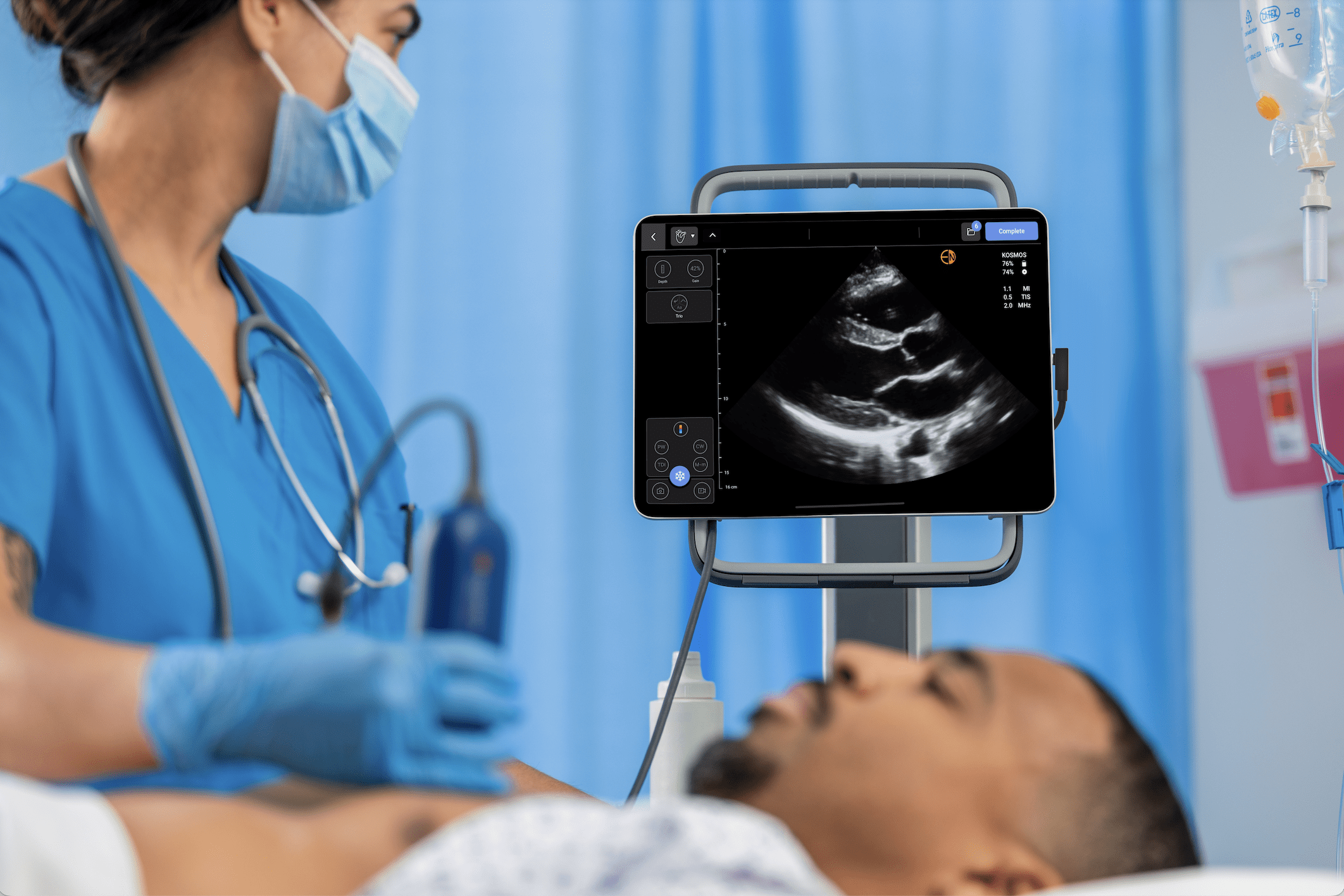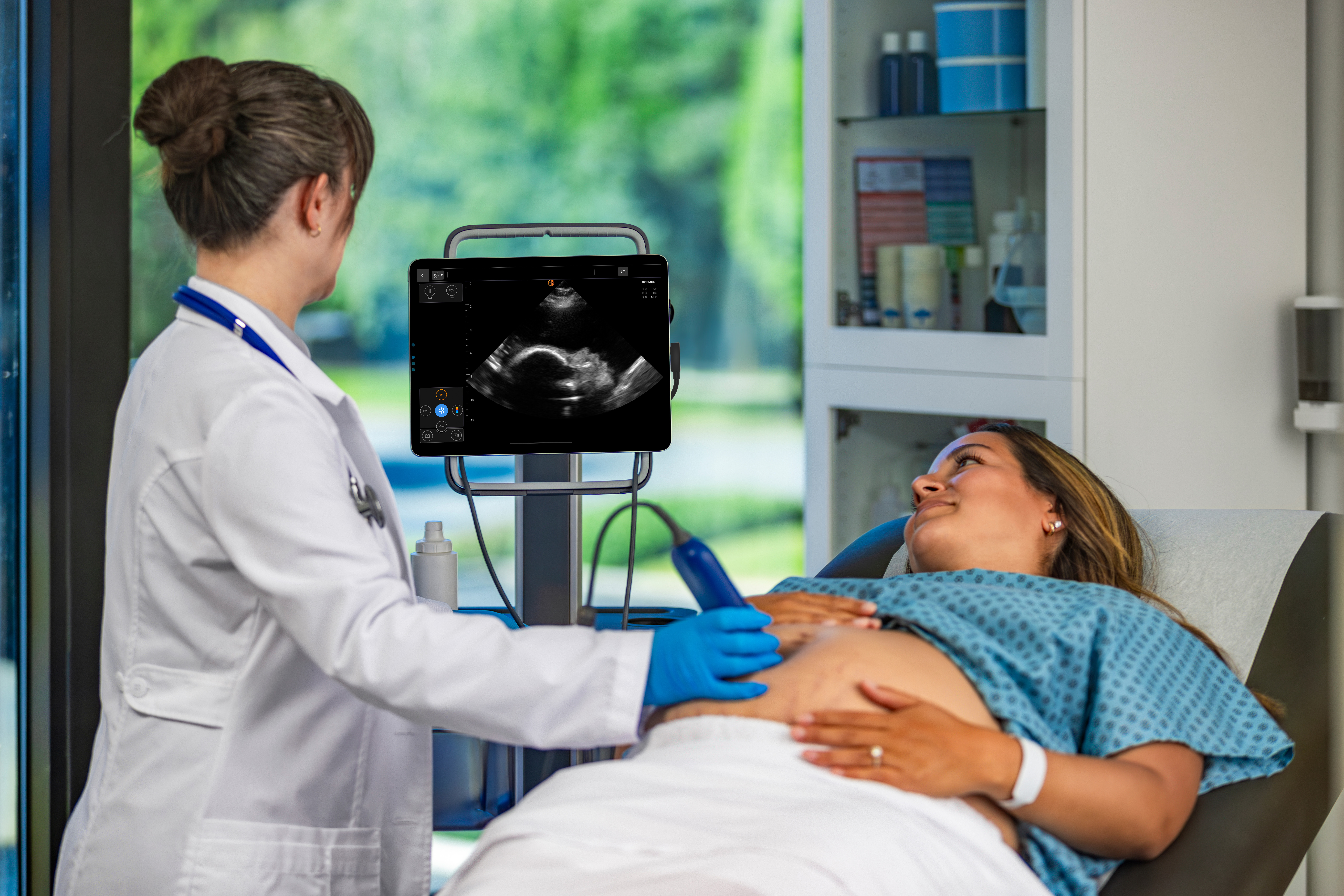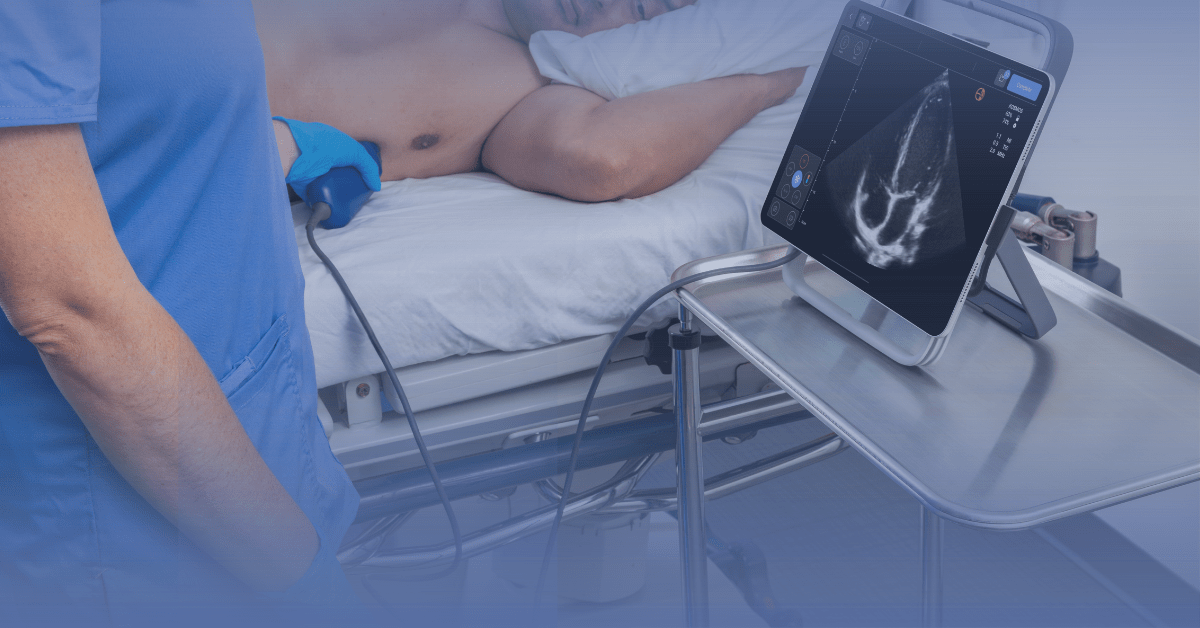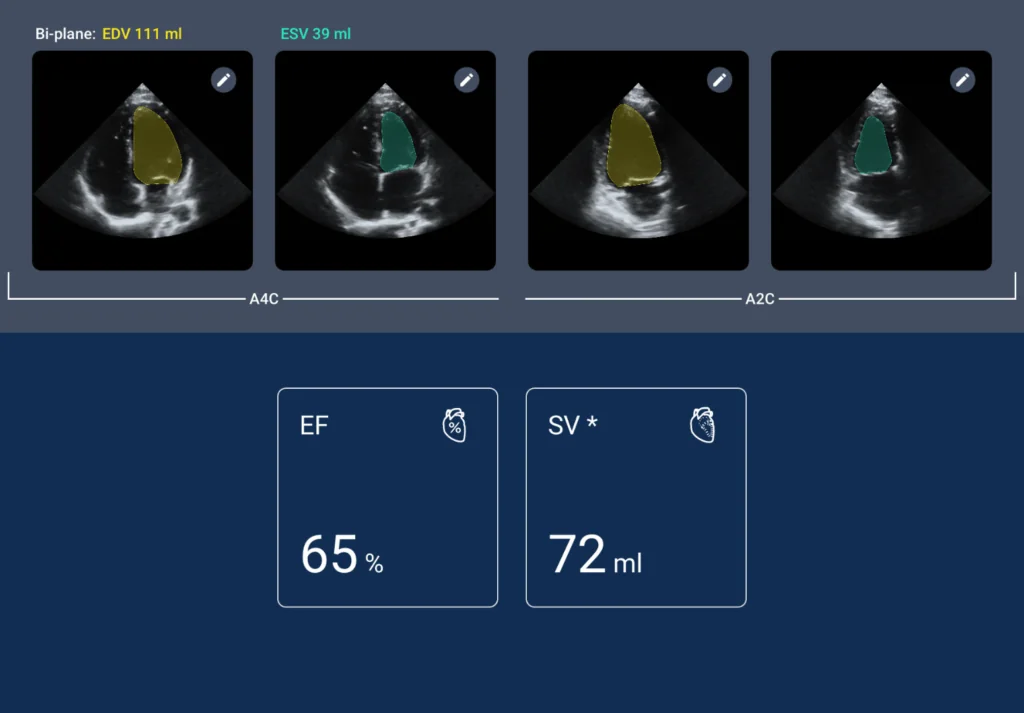
Dr. Liliana Garcia Aguilar
General Practitioner
Increasing Life-Saving Access in Rural Healthcare:
Point-of-Care Ultrasound (POCUS) in Action
Our team at EchoNous recently had the pleasure of talking with Dr. Liliana Aguilar, who shared how Point-of-Care Ultrasound (POCUS) and telemedicine play a critical role in transforming healthcare delivery.
Meet Dr. Liliana Garcia Aguilar
Dr. Liliana Garcia Aguilar, a general practitioner in the rural community of Santa María Ozolotepec, Oaxaca, Mexico, has spent the last 16 years addressing the healthcare needs of the area. Despite facing challenges due to geographical isolation and limited resources, Dr. Aguilar plays a pivotal role in providing essential healthcare services to the community.
“Our goal is to keep patients stable and save lives, even those reluctant to leave. With the support from specialists, significant strides have been made in achieving these outcomes,” Dr. Aguilar said.
Rural Realities: Urgency in Every Moment
In the heart of Oaxaca, approximately two hours from the nearest hospital in Miahuatlan, Santa María Ozolotepec grapples with the daily challenges facing rural communities.
For Aguilar and her two-nurse team, providing timely healthcare interventions in this small rural community can be a formidable hurdle. Luckily, the introduction of ultrasound has streamlined processes and helped save lives.
“Our clinic is small, but with ultrasound, we have become a vital support system for the high-risk patients in our community,” she noted.
Oaxaca, one of five states that account for over 13% of maternal deaths in Mexico in 2021, underscores the broader regional crisis in maternal healthcare. Dr. Aguilar, the only physician in this remote community of approximately 1,100 residents, plays a crucial role in providing healthcare support to the isolated population.
Globally, every two minutes, a woman loses her life due to complications from pregnancy or childbirth. In Santa María Ozolotepec, this statistic is a daily reality for Dr. Aguilar. Her efforts to address the community’s healthcare needs despite these challenges make her a lifeline for the community and surrounding areas. Her town’s remote location amplifies the urgency for timely interventions, especially in high-risk patients.
Facing Maternal Mortality in Remote Communities
In Mexico, the leading causes of maternal death include obstetric hemorrhage, infection, hypertension, and related complications. Research shows that women residing in rural, indigenous, and poor communities in remote areas, like Santa María Ozolotepec, where access to emergency obstetric services is limited, experience the highest rates of maternal mortality.
This certainly applies to the community that Dr. Aguilar serves. “The nearest hospital is two hours away, making timely interventions challenging,” she noted. “Sometimes, it’s the mother’s life at greater risk, and other times, it’s the baby’s, depending on the mother’s diagnosis. We frequently deal with preeclampsia and its severe form, eclampsia, as well as obstetric hemorrhage with uterine atony, posing serious threats to mothers.”
Aguilar says that leveraging technology like ultrasound and telemedicine lets her team be more proactive in communicating with patients. At the same time, ultrasound can also improve outcomes when treatment is necessary, helping to reduce maternal complications in her community.
“With the help of technology, we can connect patients with gynecologist consultations through telemedicine,” she said. “There was a case where timely transfer for preeclampsia was made possible through telemedicine.”
Improving Maternal Health through POCUS
Dr. Aguilar emphasizes the critical role that POCUS technology plays in addressing high-risk patients and saving lives in her community. As the sole physician in a region with only one health center, Dr. Aguilar acknowledges the challenges she faces in providing timely and accurate medical care, as well as the role that technology plays in providing solutions.
“Almost two years ago, we embraced the opportunity to access satellite internet and telemedicine services. This has proven incredibly beneficial, especially for the care of pregnant women.”
Dr. Aguilar and her team utilize a state-of-the-art POCUS system that is part of a GALE telemedicine kit provided by 19Labs, EchoNous’ partner for telemedicine. This innovative solution has been made possible through a collaborative project with the state health department in Oaxaca. The GALE telemedicine kit not only includes Kosmos POCUS, a technology crucial for high-risk ultrasounds, but also facilitates seamless communication with specialists. This collaboration exemplifies the power of partnerships in bringing advanced medical technology to remote communities and bridging gaps in healthcare.
The integration of POCUS equipment has marked a significant technological leap, allowing for fast ultrasound connections crucial for Dr. Aguilar.
Telemedicine: Bridging Healthcare Gaps in Remote Areas
In the past 16 years, the community has seen a remarkable shift in maternal healthcare outcomes. Only two maternal deaths occurred between 2007 and 2009, with none reported since 2011. Financial constraints and limited access to ultrasounds pose challenges, but telemedicine has emerged as a lifeline, bridging these gaps and ensuring prompt care and diagnoses.
Dr. Aguilar’s experiences highlight the transformative impact of POCUS and telemedicine in providing essential services, addressing the challenges posed by geographical isolation, and enhancing the overall healthcare infrastructure in communities like Santa María Ozolotepec.
Stay tuned for our in-depth Q&A article, where Dr. Liliana shares insights on the impact of Point-of-Care Ultrasound on breaking down barriers and providing timely and accurate medical care for underserved communities in rural areas.
To Learn more about Kosmos, contact us today!




